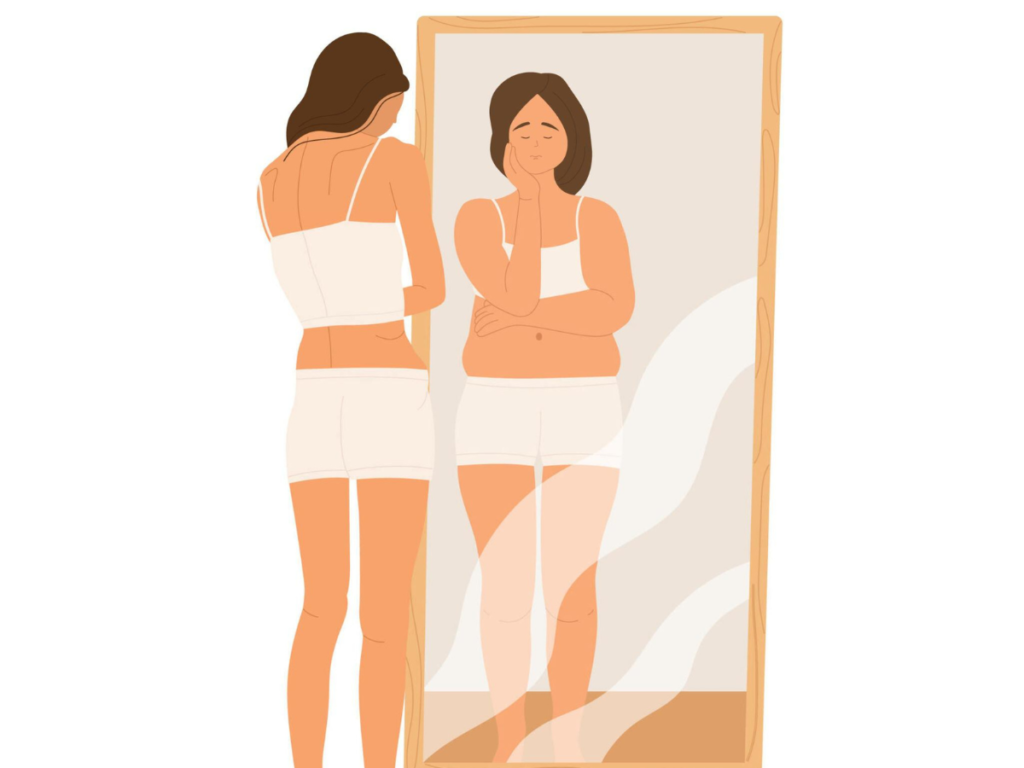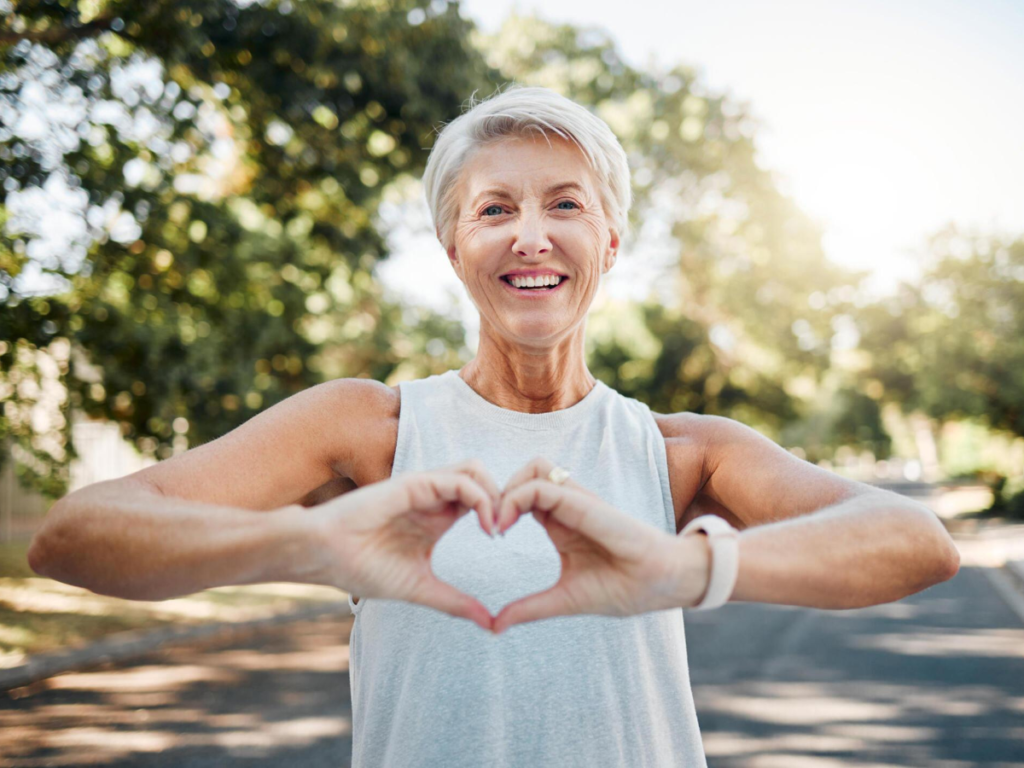In the bustling world of fitness, where treadmills hum and weights clang, there’s an unspoken battle that many face: the fight against body shaming. Whether you’re a seasoned gym-goer or a newbie stepping into the fluorescent-lit arena, body shaming can cast a shadow over your workout journey. But fear not! We’re here to empower you, equip you with knowledge, and help you reclaim your confidence.
You need to know first that, the gym is not a judgment zone. It’s a space for individual empowerment, celebrating diverse bodies and abilities. Let’s break the cycle of body shaming and collectively create a welcoming and inclusive environment where everyone feels comfortable and motivated to pursue their fitness goals, free from the fear of judgment or shame.

Body shaming at the gym manifests in various forms, both overt and subtle. From unsolicited advice and critical stares to discriminatory treatment and even verbal harassment, individuals of all shapes, sizes, and fitness levels can fall victim to this negativity. This toxic environment can lead to:
- Diminished Motivation and Confidence: Fear of judgment and shame can deter individuals from returning to the gym, hindering their fitness goals and overall well-being.
- Eating Disorders and Body Dysmorphia: Constant criticism can morph into self-loathing and unhealthy eating habits, impacting both physical and mental health.
- Anxiety and Depression: The psychological strain of feeling judged and inadequate can lead to anxiety, depression, and a negative self-image.
- Exclusion and Inaccess: Fear of judgment can create an unwelcoming environment, especially for marginalized communities and individuals already facing societal pressures regarding body image.
Understanding the Roots:
While the roots of body shaming are complex and often fueled by societal beauty standards and unrealistic expectations, several factors contribute to its prevalence in gyms:
- The “Perfect Body” Illusion: Social media and fitness advertising often portray unattainable body ideals, creating a false sense of what constitutes “fitness” and feeding into feelings of inadequacy.
- Competitive Atmosphere: Some gym environments can foster a competitive vibe, pushing individuals to compare themselves to others and prioritize aesthetics over personal well-being.

- Lack of Awareness and Empathy: Unintentional comments or even well-meaning advice can have unintended consequences, highlighting the need for greater sensitivity and understanding towards diverse bodies.
Empowering Ourselves and Each Other:
Combating body shaming requires a multi-pronged approach, focusing on individual empowerment and a collective shift in attitude:
- Challenge Negative Self-Talk: Recognize and combat negative thoughts about your body. Focus on progress, self-acceptance, and appreciating your body’s strength and capabilities.

- Set Personal Goals: Define your fitness goals based on your own well-being and enjoyment, not societal expectations. Celebrate small victories and focus on the journey, not the destination.
- Find a Supportive Community: Surround yourself with individuals who celebrate diversity and promote body positivity. Consider joining inclusive fitness classes or online communities with similar values.
- Speak Up: If you experience or witness body shaming, speak up respectfully and firmly. Encourage others to do the same and emphasize the importance of inclusive gym environments.
- Demand Change: Gym management and trainers play a crucial role. Advocate for body-positive policies, inclusive signage, and staff training on sensitivity and inclusivity.

Building a Culture of Body Positivity:
Beyond individual actions, fostering a culture of body positivity within the gym environment is essential:
- Gyms: Implement body-positive marketing campaigns, offer diverse fitness classes for all levels, and train staff on inclusivity and respectful communication.
- Trainers: Promote body-neutral language, focus on individual goals and progress, and celebrate diverse bodies and abilities.
- Influencers: Utilize their platforms to promote body positivity, challenge unrealistic beauty standards, and showcase diverse fitness journeys.

Body shaming at the gym sabotages not only your workout but also your well-being. Let’s shift the narrative. Celebrate your body, honor its strength, and create a gym space where everyone feels accepted. As Dr. Thomas Olesko emphasizes, promoting a supportive and body-positive environment benefits us all123.
Remember, you’re not just lifting weights; you’re lifting your spirit. So step onto that elliptical, head held high, and let your sweat be a testament to your resilience.












